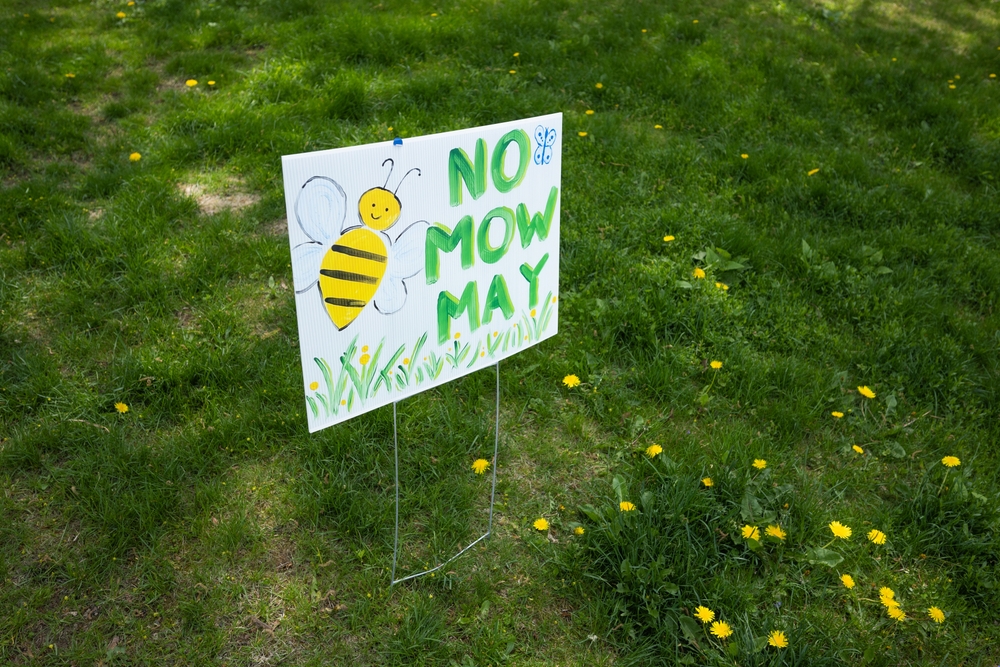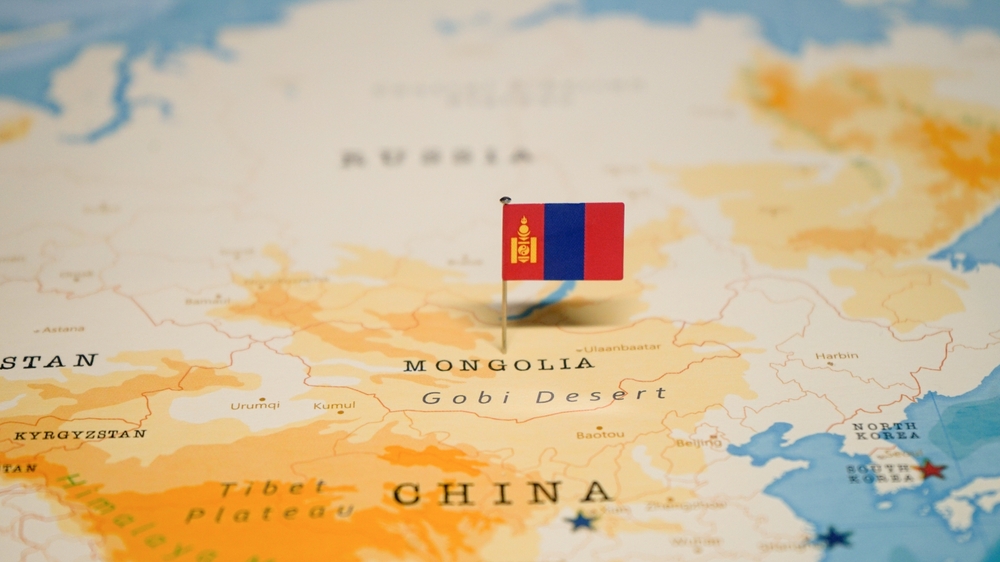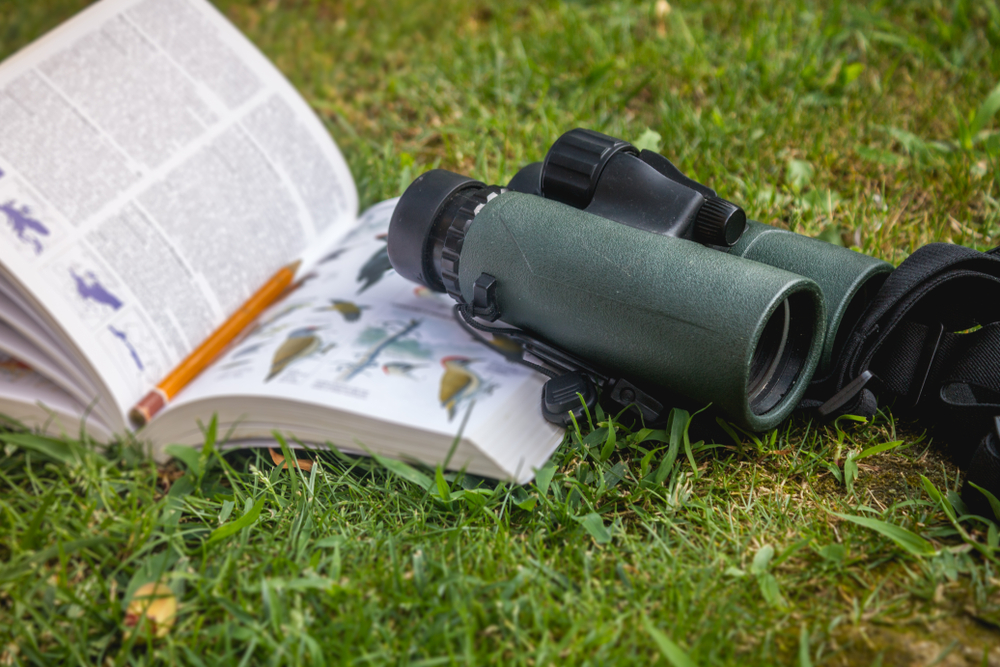One in five Americans will be diagnosed with skin cancer during their lifetime. Many people don’t know this, but skin cancer is the most prevalent cancer worldwide, and in the United States, there are more new cases of skin cancer than breast, prostate, lung, and colon cancers combined. Research shows that the incidence of melanoma in women 18 to 39 increased 800 percent from 1970 to 2009. In other words, we should all be taking some precautionary measures to make the risk of getting skin cancer as low as possible—and we’re not just talking about applying sunscreen. The first thing you can do to avoid skin cancer is get your beauty sleep. Good sleep helps the body regulate its most important hormone: melatonin, which plays a key role in skin health. The next thing you should do is eat the rainbow. What we mean by that is add colorful foods to your diet rich in antioxidants such as collards, strawberries, sweet potatoes and spinach. Third, get caffeinated. Studies show that consuming caffeinated coffee may have an effect on lowering risk of melanoma. Lastly, get naked. The only way to examine your skin is to see it—up close and personal. Check your skin and see if there are any signs of skin cancer. If you act quick, you can stop skin cancer in its tracks. If you want more details for how to protect yourself from skin cancer, have a look here.

Four ways to protect yourself from skin cancer (we’re not talking sunscreen)
More of Today's Solutions
How the Sounds Right project brings harmony to environmental protection and m...
In the realm of music, inspiration can strike from the most unexpected sources. From the soft rustle of leaves to the grand roar of ...
Read MoreEU parliament passes sweeping measures to combat the growing problem of packa...
In a historic attempt to address the growing problem of packaging waste, the European Parliament has approved a comprehensive set of legislation aimed at ...
Read MoreThis radio station plays ethereal ambient music made by trees
Silent tree activity, like photosynthesis and the absorption and evaporation of water, produces a small voltage in the leaves. In a bid to encourage ...
Read MoreAustria’s Klimaticket lets you to travel anywhere in the country for just €3 ...
Fifteen years after it was first proposed, Austria has finally officially introduced its Klimaticket, or ‘climate ticket,’ an annual ticket with unlimited access to ...
Read More










